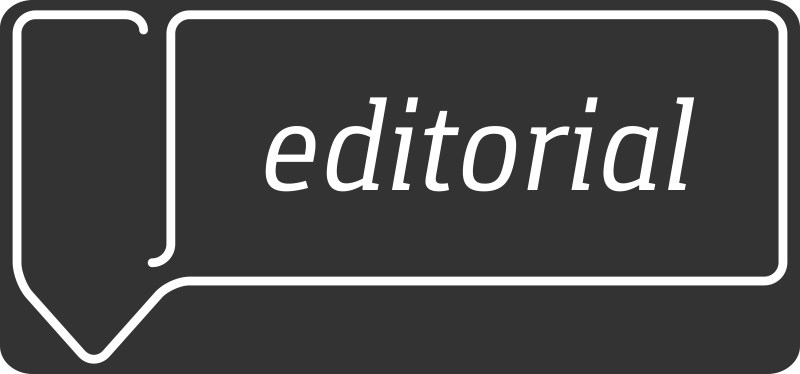Powell River is wildlife central. When we say we live in the middle of a forest, we are not exaggerating. As the area is developed further and further and the weather gets warmer and drier, more and more wild animals will be coming into town looking for food. Between driving bears out of their natural habitats and food for them becoming more scarce, in-town sightings have become the norm. By now, almost everyone has heard of, or had, some kind of bear encounter.
It is already bear season again, and in recent years it has only gotten longer and longer. Whether this has to do with climate change, logging or other reasons, humans have a responsibility to adjust their behaviour accordingly.
Residents of the area need not only be “bear aware,” but also use common sense. For most, common sense means not leaving out wildlife attractants such as garbage, compost, animal feed or even purposely feeding the bears (believe it or not, many have reported seeing neighbours doing this).
Last November, one Powell River resident took it upon herself to trap four bear cubs in an effort to save them from being destroyed by conservation officers.
Not only is such unsanctioned trapping illegal and can result in fines of up to $10,000, it is highly dangerous and resulted in a strain on resources, locally and in Langley where the bears were flown to.
It is understandable that some residents might feel they need to get involved to save bears, but the fact of the matter is once bears have been exposed to us, usually by our own attractants, and they are already used to hanging around residential areas, they are as good as dead.
Conservation officers take the brunt of public outcry every time they have to destroy a bear, and it must be a very difficult job to do, but ultimately they are acting based on their expertise, or directives from above, and BC Conservation Officer Service has the final call.
The domestication of wild animals is a tragic occurrence, whether it is the ones used in circuses or zoos, or a wild animal that is exposed to humans by our own ignorance or negligence.
The catch phrase “don’t feed the bears” is such a simplification of the problem we are facing, but it still very much applies, so please don’t.
Jason Schreurs, publisher/editor



